The new land rush in Africa: An interview with Michael Taylor of the ILC
- SID
- 07 June 2010
ILC is actually trying to promote some sort of dialogue between the different proposals for principles for responsible farmland investment
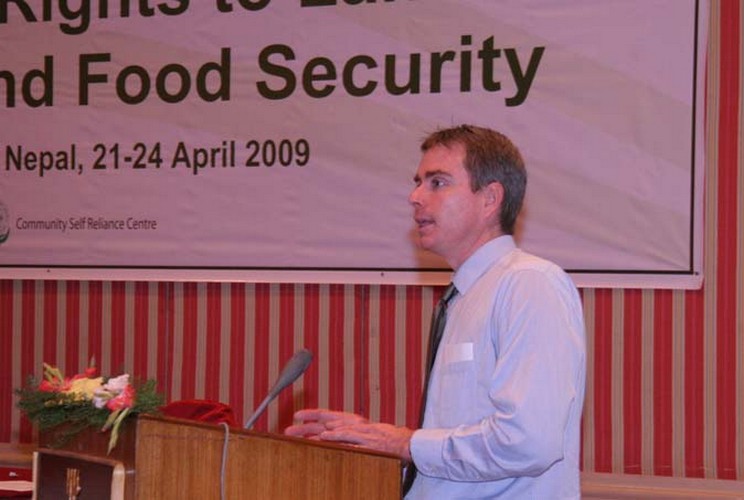
ILC is actually trying to promote some sort of dialogue between the different proposals for principles for responsible farmland investment
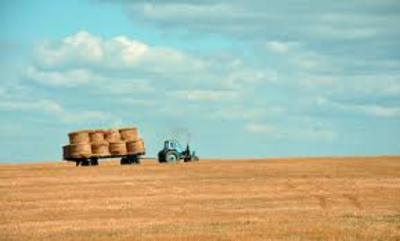
Investors trying to decide what world farmland market in which to allocate capital may want to consider an advantage the Canadian market can offer – the ability to participate via an open-ended structure.
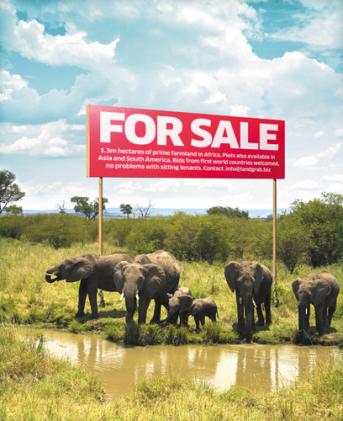
A new breed of colonialism is rampaging across the world, with rich nations buying up the natural resources of developing countries that can ill afford to sell. Some staggering deals have already been done, but angry locals are now trying to stop the landgrabs

Savills, the UK property consultancy, believes sub-Saharan Africa, in agriculture, is the Brazil of the 1970s but warns against investments in farms of over 5,000 ha because of land ownership sensitivities.
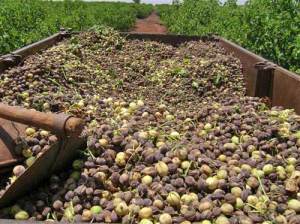
The seizing of the poor farmers' land is destroying their only hope of survival on earth.
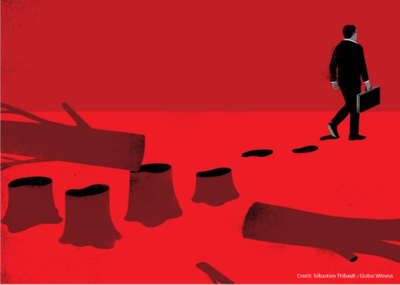
China is one of the world's largest consumers of agricultural commodities such as soy and palm oil that drive deforestation globally. But it isn’t just Chinese consumption of these commodities that is helping fuel forest destruction. Global Witness new analysis sheds a spotlight on the often-overlooked role of Chinese banks as some of the biggest global financiers of deforestation.
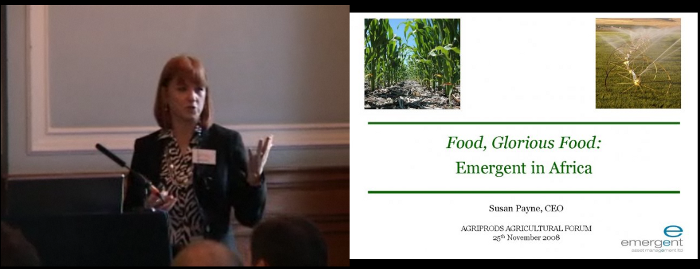
There is something amazingly patronising in the way Payne claims that Emergent has ‘adopted’ a Mozambican village of 3,000 people and hired its citizens to clear 2,000 acres of land to farm it with her firm.

GRAIN says the World Bank's much anticipated report on the global farmland grab is both a disappointment and a failure.

The Indonesian government is wise to learn from the South Korea Daewoo-Madagascar deal, which demonstrated the enormous economic, social and political risks associated with foreign ownership of land and water rights.
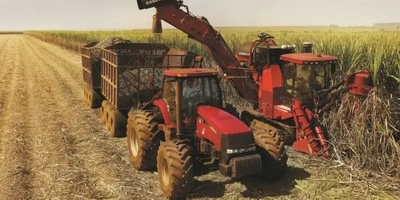
Enacted on March 29, 2021, Federal Law 14.130 creates a new type of agribusiness investment fund in Brazil, allowing foreign individuals and entities to get access to farmland

Though farmland investing has been around for more than 20 years and Callan has covered the asset class for more than 12 years, it was only within the last 2 years that Shen saw an explosion in client interest.

Ethiopia must harness its enormous agricultural potential, not by selling it off as a cheap commodity, but by supporting farmers in growing culturally appropriate crops for domestic markets, using agro-ecologically sustainable farming methods.
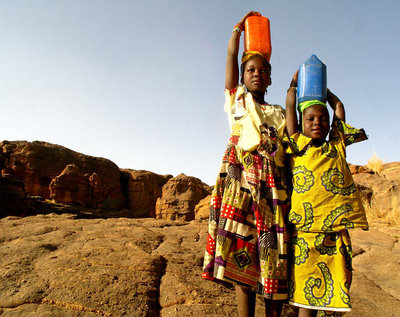
Water grabbing refers to situations where powerful actors take control of valuable water resources for their own benefit, depriving local communities whose livelihoods often depend on these resources and ecosystems.

MCC is playing a key role in commodifying Africa’s farmlands
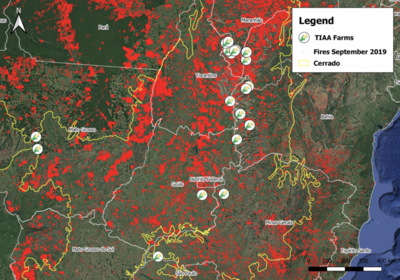
With fires on their Cerrado properties, Harvard’s and TIAA’s deforestation exposure appears to be growing.

A global food crisis and rapid population growth are making farmland an increasingly attractive investment. Holly Black looks at the options.
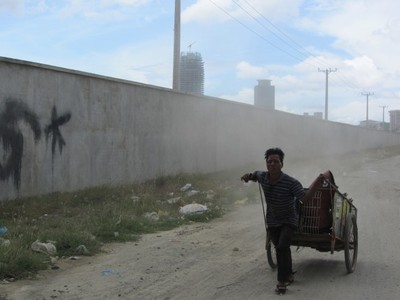
For the world’s people to have secure access to the quantity and quality of food needed for a decent life, the land grabs and the development of large, highly mechanized factory farms must stop.
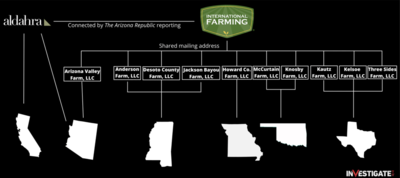
Despite a federal law requiring foreign transactions of agricultural land be reported to and recorded by the government, the US Department of Agriculture’s database appears to be missing significant acres of land.
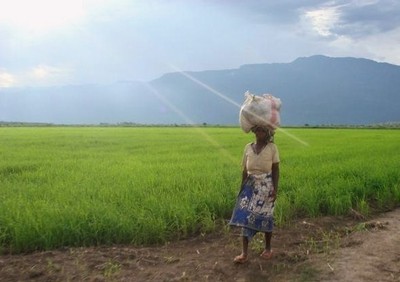
Kilombero Plantations Limited chief executive officer Carter Coleman talks about his company's large-scale farming operations in Tanzania, including the removal of the "Project Affected Persons" previously farming the lands.

The following report, by independent researcher Anna Bolin, explores the global trends and influences at work behind agriculture mega-projects like MIFEE in Papua.
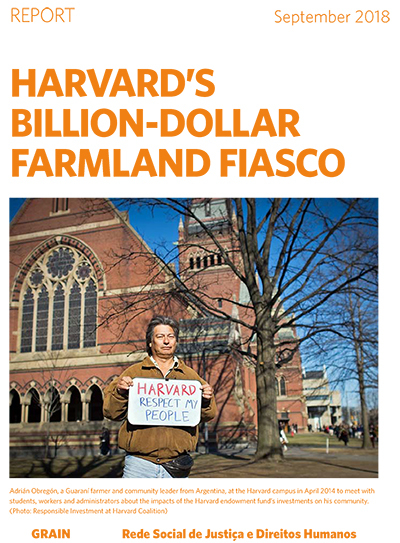
One of the world's major buyers of farmland is under fire for their involvement in land conflicts, environmental destruction and risky investments. A new report by GRAIN and Rede Social de Justiça e Direitos Humanos presents, for the first time, a comprehensive analysis of Harvard University's controversial investments in global farmland.

Upon listing, African Agriculture will be the first pure-play US-listed agriculture company operating in Africa.
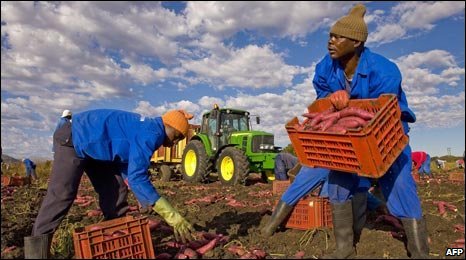
For investors like Susan Payne, the chief executive of Emergent Asset Management, farmland in sub-Saharan Africa is a hot bet.
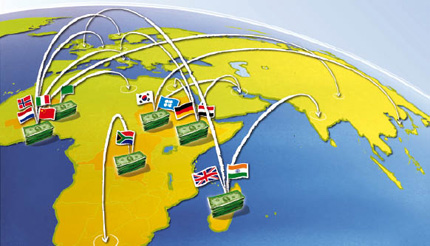
"They are selling off African land for a song," said Ndiogou Fall, president of the executive committee for the Network of Peasant Organizations and Producers in West Africa (ROPPA), which is calling for dialogue between governments, producers and African and foreign investors.
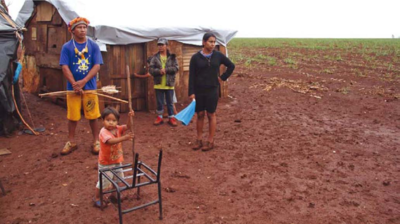
A New York company managing the retirement savings of workers in Sweden, the US and Canada is evading Brazilian laws on foreign investment to acquire farmlands from a businessman accused of violently displacing local communities.

TIAA is among the largest institutional investors in agriculture, with investments in more than 400 farms in North America, South America, Australia, and Eastern Europe as part of its General Account.
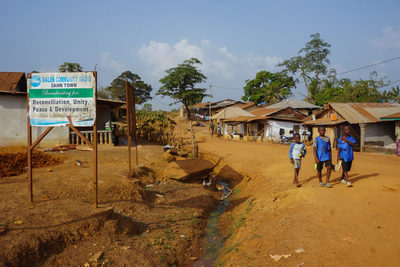
Some community members accuse Socfin of land-grabbing and pollution. We visited the company’s plantation in Malen to find out what’s happening beneath the palm fronds.

Lawrence Asset Management's Ravi Sood suggests investing in food production in low-cost areas that are water-rich – Brazil, tropical Africa, Malaysia and Indonesia.
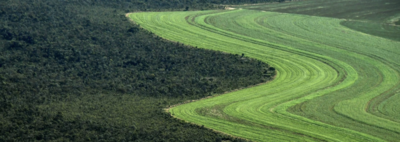
The 10 largest transnational landowners in the world control an area larger than Japan, according to a new report. This accumulation fuels human rights abuse, inequalities, and environmental destruction, and underlines the need for redistributive policies.

African Agriculture Inc, a US company which controls almost 3 million hectares for alfalfa and carbon credit production in Africa, will now be listed on the NASDAQ stock exchange.

|
CAR offers land ownership using cryptocurrency
|